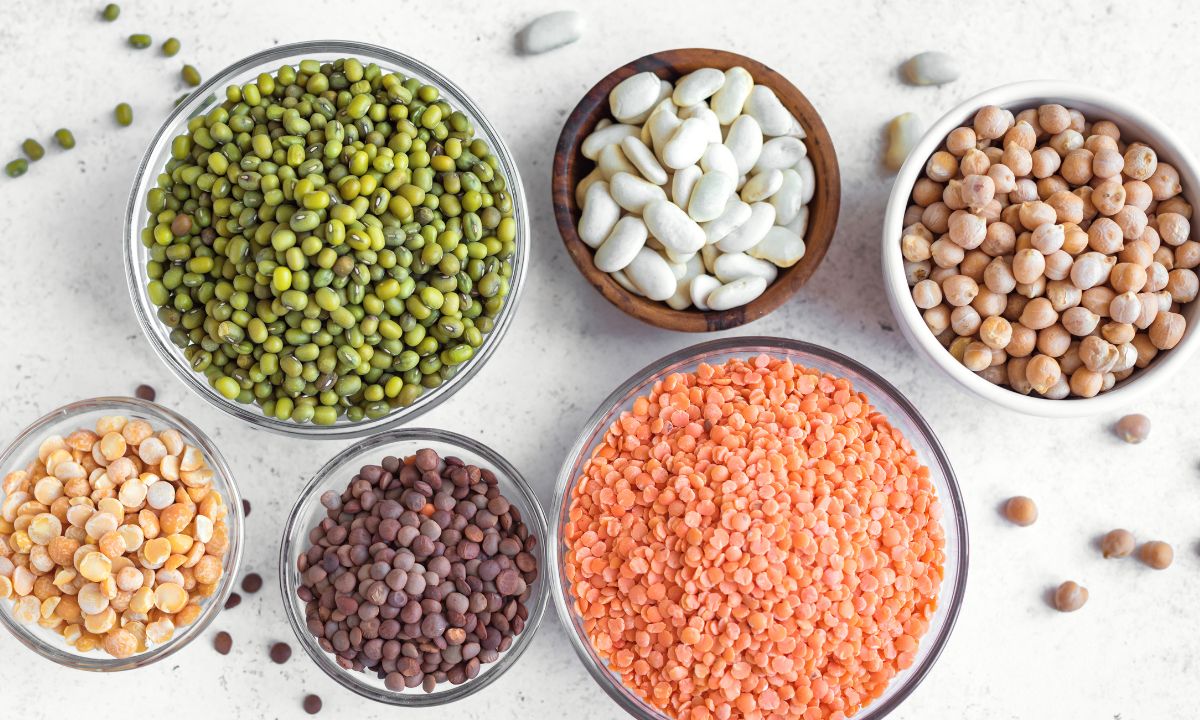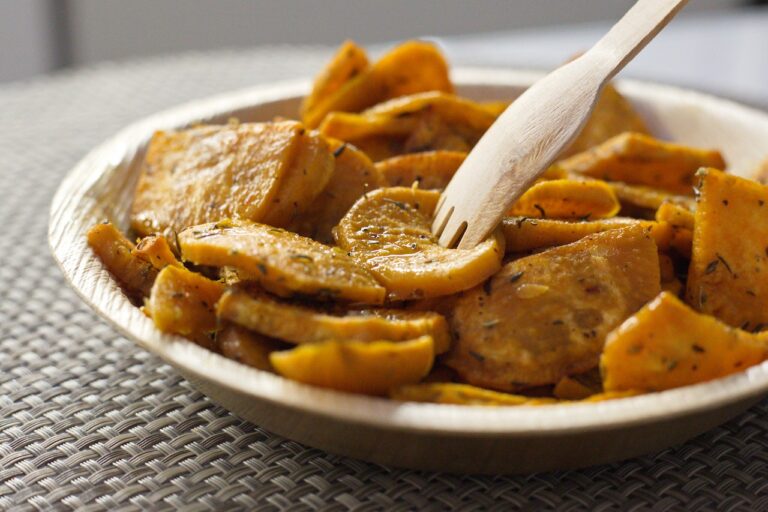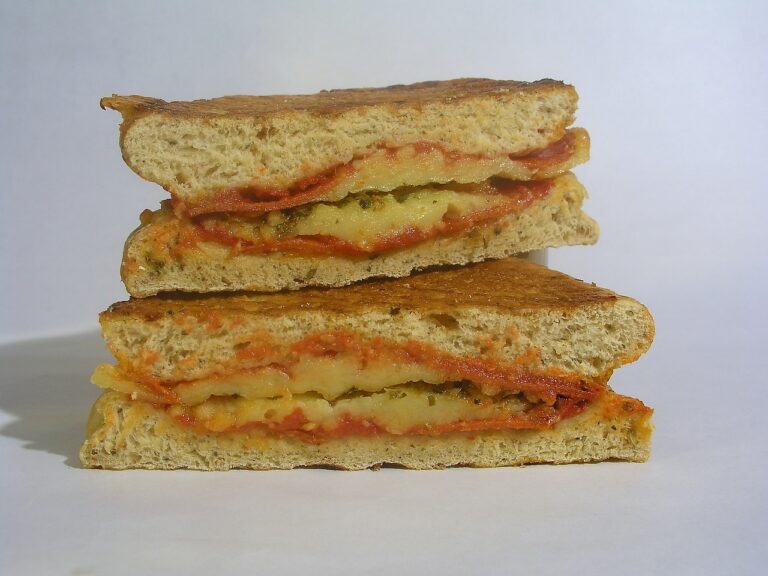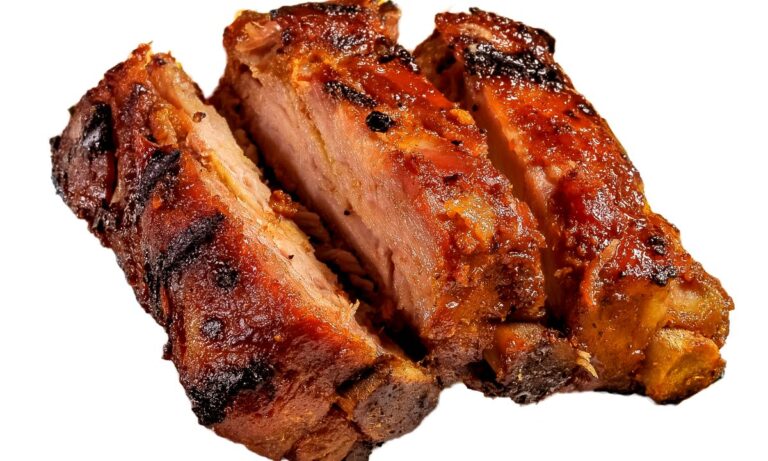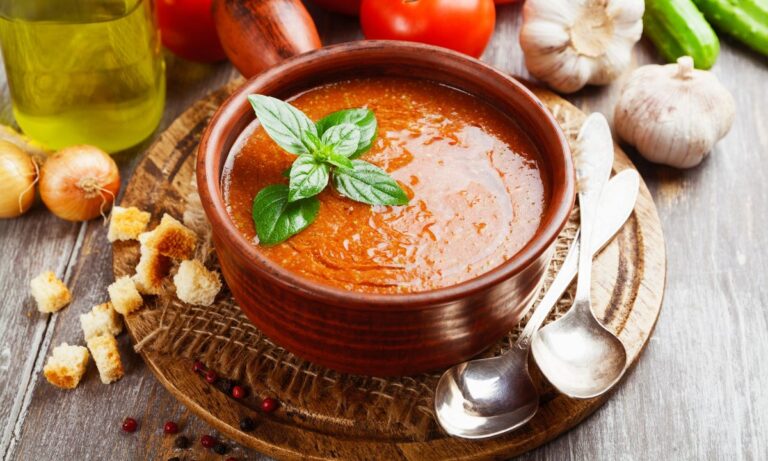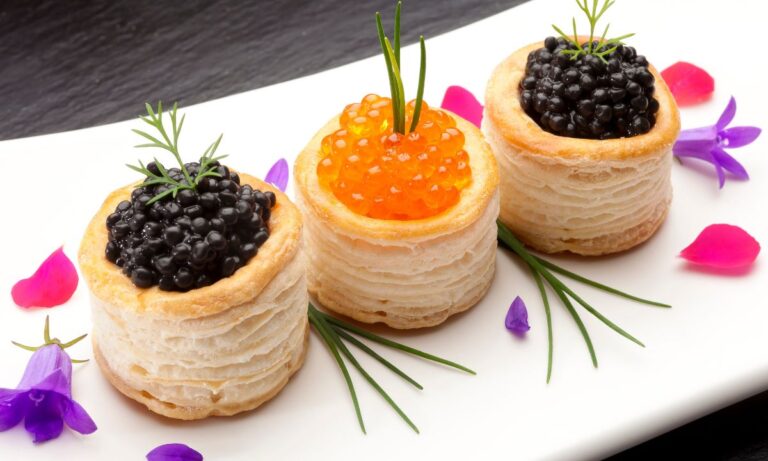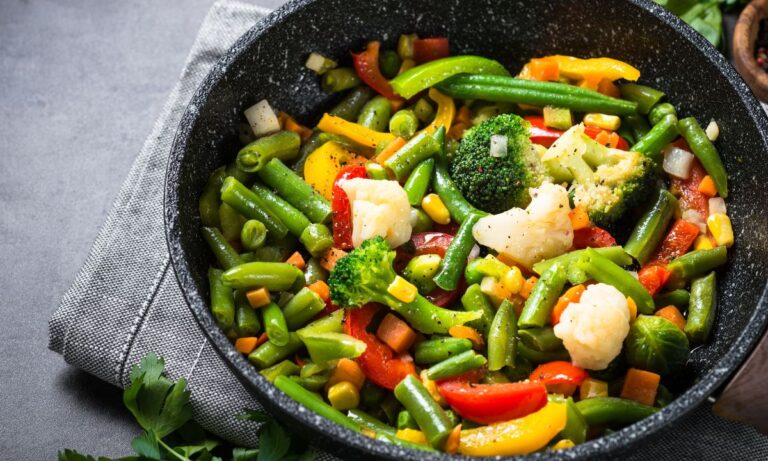vegan pantry staples
As more and more people are embracing a plant-based lifestyle, knowing how to stock a vegan pantry is essential for delicious, healthy, and satisfying meals. In this article, we’ll discuss the benefits of stocking a vegan pantry, provide a comprehensive list of essential vegan pantry staples, and offer tips for proper storage. Ready to fill your pantry with plant-powered goodness? Let’s get started!
Why Stock a Vegan Pantry?
Health Benefits
A well-stocked vegan pantry allows you to create wholesome, nutrient-dense meals packed with vitamins, minerals, and antioxidants. Many plant-based foods are rich in fiber, which aids digestion and promotes heart health. Additionally, a vegan diet has been linked to a lower risk of chronic diseases, including type 2 diabetes, heart disease, and certain cancers.
Environmental Impact
Choosing plant-based foods also has a positive impact on the environment. Animal agriculture is a significant contributor to greenhouse gas emissions, deforestation, and water pollution. By stocking your pantry with vegan staples, you’re reducing your carbon footprint and supporting a more sustainable food system.
Essential Vegan Pantry Staples
Grains
Whole grains are a staple in any vegan pantry. They provide essential nutrients and are an excellent source of energy. Some popular grains include:
- Brown rice
- Quinoa
- Whole wheat pasta
- Oats
- Barley
Legumes
Legumes are a versatile and protein-rich option for vegans. Stock your pantry with:
- Lentils
- Chickpeas
- Black beans
- Kidney beans
- Split peas
Nuts and Seeds
Nuts and seeds are an excellent source of healthy fats, protein, and essential nutrients. Keep a variety on hand, such as:
- Almonds
- Cashews
- Chia seeds
- Flaxseeds
- Sunflower seeds
Herbs and Spices
Herbs and spices add flavor, depth, and complexity to your dishes. Some essentials include:
- Basil
- Cumin
- Garlic powder
- Oregano
- Turmeric
Oils and Vinegars
Oils and vinegars are essential for cooking, baking, and making dressings. Stock up on:
- Olive oil
- Coconut oil
- Apple cider vinegar
- Balsamic vinegar
- Rice vinegar
Condiments
Condiments can elevate any dish, providing a burst of flavor. Vegan-friendly options include:
- Mustard
- Soy sauce or tamari
- Hot sauce
- Nutritional yeast
- Vegan mayonnaise
Plant-Based Milk Alternatives
Dairy-free milk alternatives are a must for any vegan pantry. Some popular options are:
- Almond milk
- Soy milk
- Oat milk
- Coconut milk
- Cashew milk
Sweeteners
Vegan-friendly sweeteners add a touch of sweetness to your dishes and baked goods. Consider stocking:
- Maple syrup
- Agave nectar
- Coconut sugar
- Date syrup
- Stevia
Baking Essentials
A well-stocked vegan pantry should also include baking essentials, such as:
- All-purpose flour
- Baking powder
- Baking soda
- Unsweetened cocoa powder
- Flax meal (for flax eggs)
Storing Vegan Pantry Staples
Proper storage is crucial for maintaining the freshness and quality of your vegan pantry staples. Keep grains, legumes, and flours in airtight containers to prevent spoilage and protect against pests. Store nuts and seeds in the refrigerator or freezer to prolong their shelf life. Keep herbs and spices in a cool, dark place to maintain their potency.
Conclusion
A well-stocked vegan pantry is the foundation of a healthy and satisfying plant-based diet. By filling your pantry with versatile, nutrient-dense staples, you’ll be ready to create delicious meals that support both your health and the environment. Happy cooking!
FAQs
1. What are some vegan protein sources I can stock in my pantry?
Legumes, such as lentils, chickpeas, and various beans, are excellent sources of plant-based protein. Additionally, nuts, seeds, and whole grains can contribute to your daily protein intake.
2. How can I substitute eggs in vegan baking?
Common egg substitutes include flax eggs (made from flax meal and water), chia eggs (chia seeds and water), mashed banana, and unsweetened applesauce.
3. What are some vegan snack ideas I can make with pantry staples?
Some vegan snack ideas include roasted chickpeas, energy balls made from nuts and dates, trail mix, and rice cakes topped with nut butter and fruit.
4. How can I create vegan-friendly versions of my favorite non-vegan dishes?
Get creative with plant-based alternatives! For example, use lentils or mushrooms for a meaty texture, nutritional yeast for a cheesy flavor, and dairy-free milk alternatives in place of cow’s milk.
5. How long do vegan pantry staples typically last?
Shelf life varies depending on the specific item. Generally, grains and legumes can last up to 1-2 years if stored properly, while nuts and seeds should be used within 6-12 months. Herbs and spices can lose their potency over time but are typically safe to use for 2-3 years.

